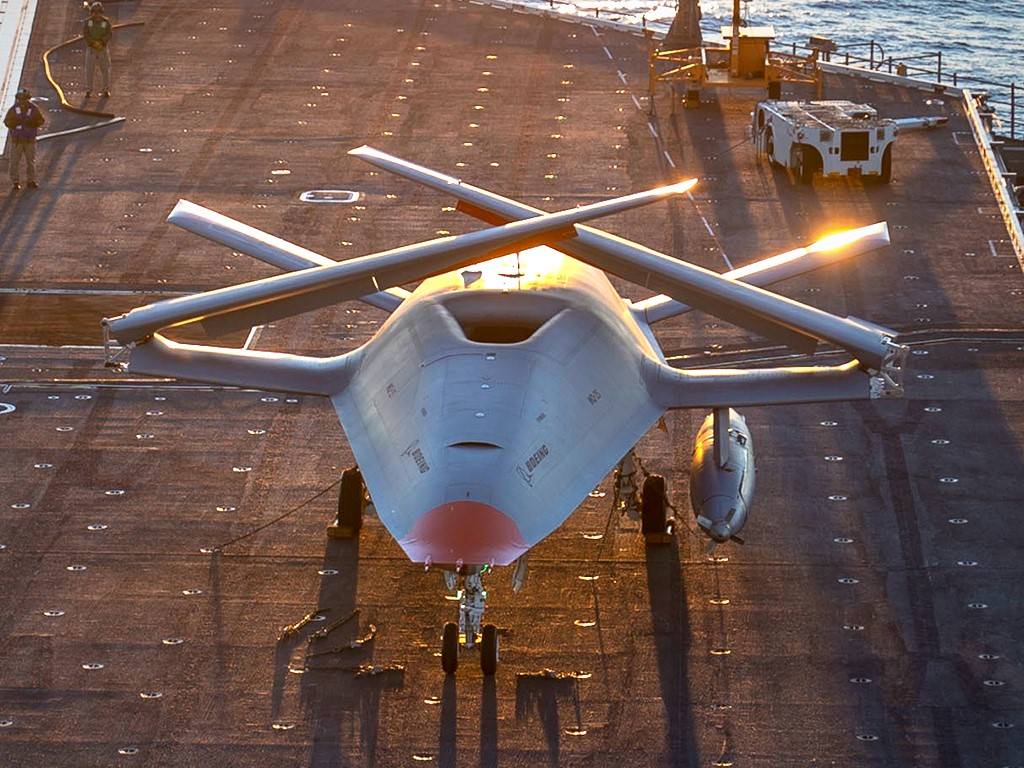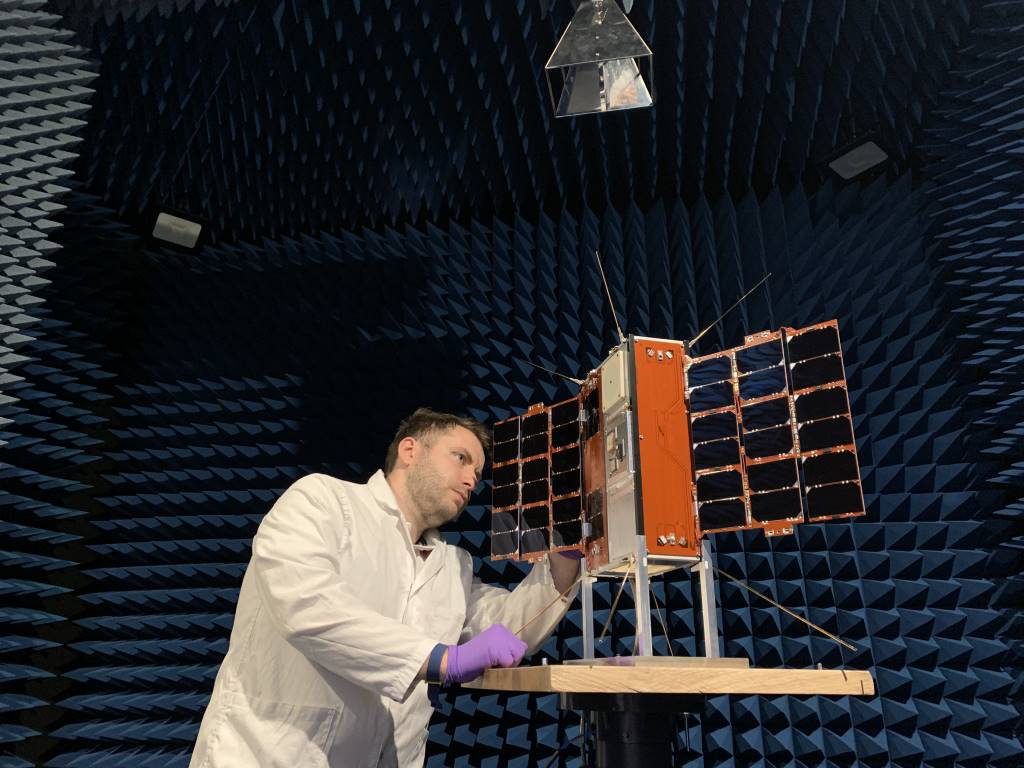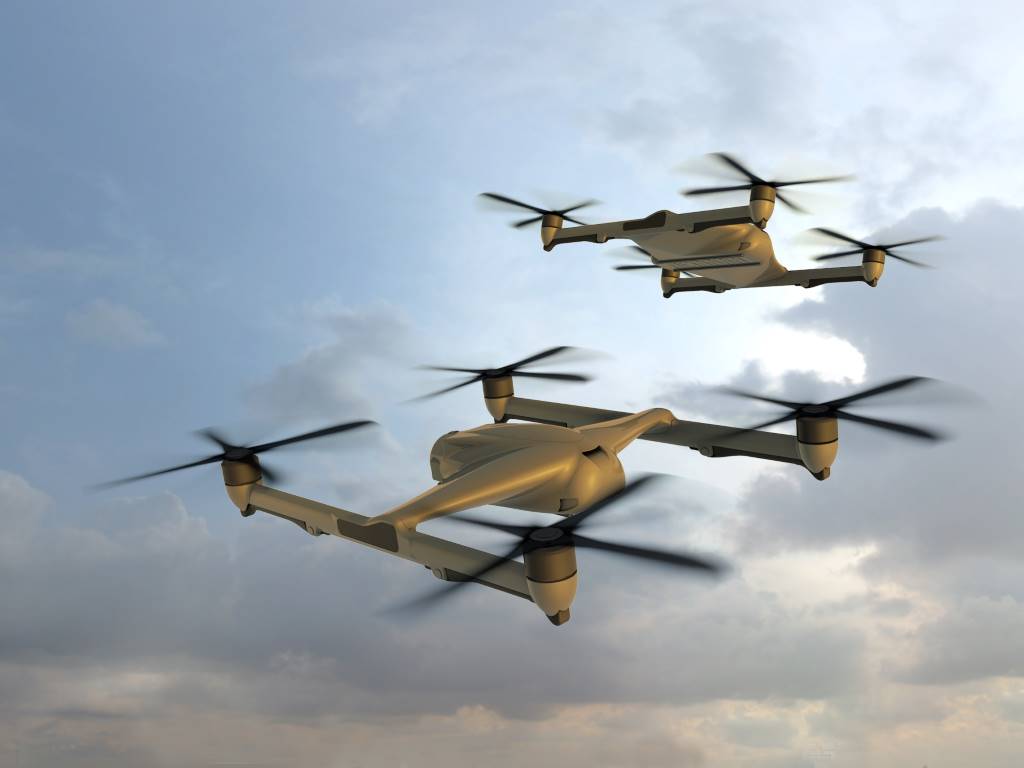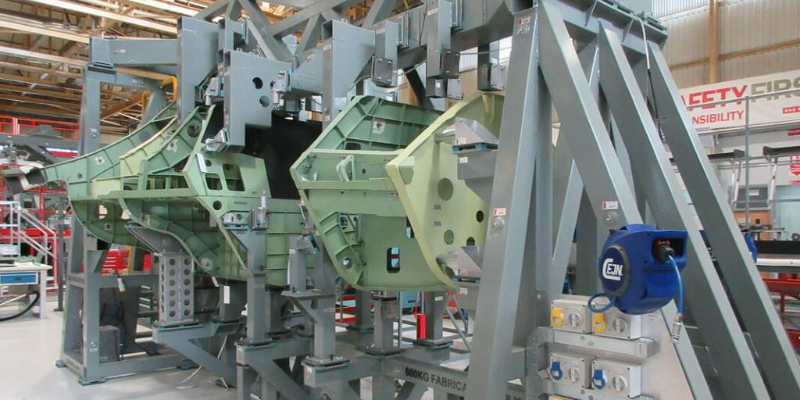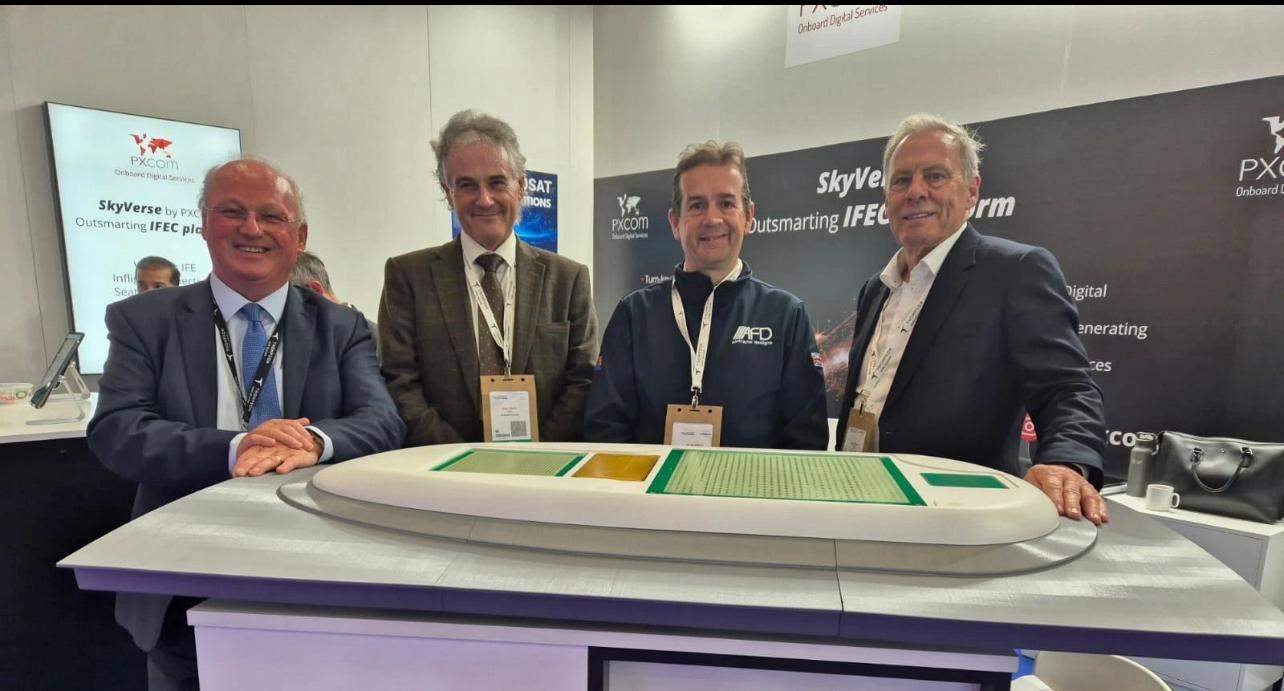
Huge investment to boost technologies for UK’s future combat aircraft
14th Apr 2023 | In News | By Mike Richardson
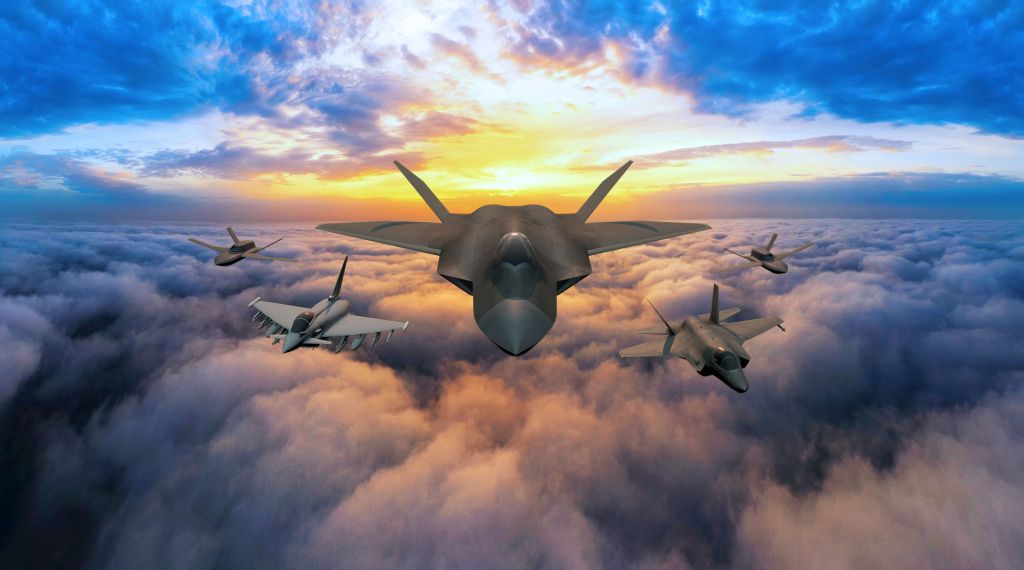
The Ministry of Defence (MoD) has awarded a contract extension worth £656 million to BAE Systems to progress the concepting and technology of the next generation combat aircraft, known as Tempest in the UK.
The new funding will build on the ground-breaking science, research and engineering already completed under the first phase of the contract delivered by UK Tempest partners BAE Systems, Leonardo UK, MBDA UK and Rolls-Royce.
The UK Tempest partners, working in close collaboration with the MoD, will now progress the maturity of more than 60 cutting-edge technology demonstrations, digital concepts and new technologies. These are critical to the UK’s sovereign defence capability and will help shape the final requirements – together with the Global Combat Air Programme (GCAP) partners in Japan and Italy – for the combat air platform, due to enter service with the Royal Air Force by 2035.
The aircraft is designed to be an innovative stealth fighter with supersonic capability and equipped with cutting-edge technologies, including state-of-the-art sensing and protection capabilities. This will make the aircraft one of the world’s most advanced, interoperable, adaptable and connected fighter jets in service, delivering battle-winning next generation weapons to protect the UK and its allies.
UK Secretary of State for Defence, Ben Wallace, said: “The next tranche of funding for future combat air will help fuse the combined technologies and expertise we have with our international partners – both in Europe and the Pacific - to deliver this world-leading fighter jet by 2035, protecting our skies for decades to come.”
Richard Berthon, MoD director future combat air, said: “Today, as planned, the UK MoD is releasing the next tranche of funding for future combat air. This shows that the UK is committed to working with international partners to deliver a next-generation fighter jet for 2035.
“We are facing a growing threat from our adversaries, who are investing in combat air and air defences of their own. By investing in GCAP, we will stay ahead of these intensifying and proliferating threats, and provide a highly credible deterrent capability for decades to come.”
Herman Claesen, managing director, Future Combat Air Systems - BAE Systems’ Air Sector, said: “This contract reflects the continued commitment by the UK Government and ensures we continue to mature this significant programme and the vital technology pipeline that will drive innovation into - and beyond - the combat air sector for decades to come.
“This important work is at the core of the newly created Global Combat Air Programme; a major international partnership and ambitious endeavour between the UK, Japan and Italy with the shared goal to deliver the next generation of combat air fighter jets.”
GCAP builds on the substantial progress already made in the UK by BAE Systems, Leonardo UK, MBDA UK, Rolls-Royce and the UK MoD who have been working in partnership since 2018 to research, evaluate and develop a host of next generation future combat air systems capabilities.
The programme will span many decades, creating thousands of jobs and economic value to the UK, Italy and Japan while sustaining critical sovereign skills for the three nations. The programme is inspiring current and future generations to play their part in this vital international endeavour. There are already more than 2,800 people working at the UK partners and wider industry, with almost 600 organisations on contract, including SMEs and academic institutions.
Across UK industry, work on this programme is driving investment in new digital technologies, tools and techniques, including model-based systems engineering with open architectures, digital twins and virtual environments. This will ensure the next generation combat aircraft will be delivered more rapidly and more cost-effectively than previous combat air programmes.
Consider a free digital subscription
If you find this article informative, consider subscribing digitally to Aerospace Manufacturing for free. Keep up to date with the latest industry news in your inbox as well as being the first to receive our magazine in digital form.


